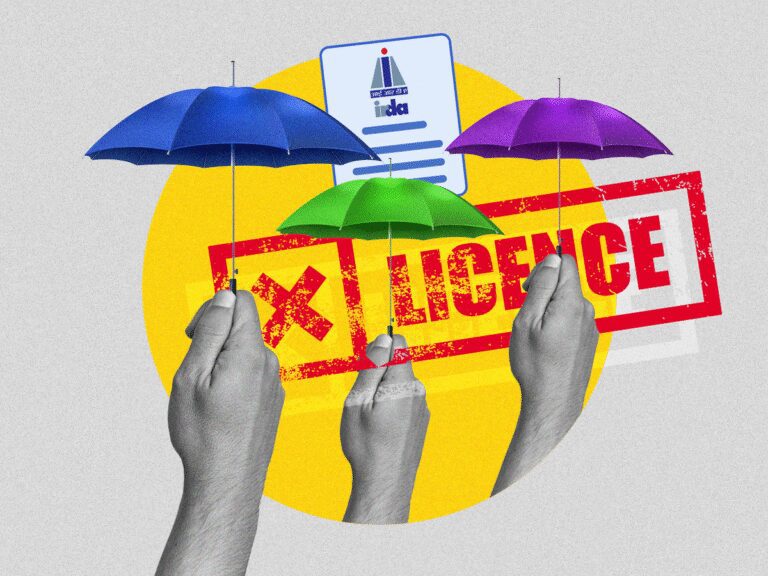Fintech Startups Face Challenges in Securing Insurance Manufacturing Licenses
Startups in the fintech sector, particularly those seeking insurance manufacturing licenses, are encountering significant hurdles as India’s regulatory body, the Insurance Regulatory and Development Authority of India (IRDAI), tightens its stance. This development follows the regulator’s decision to deny licenses to companies not primarily focused on their promoters, as revealed by insiders familiar with these discussions.
The Role of Insurance Manufacturers
An insurance manufacturer has the authority to develop and sell insurance products, collect premiums, and manage customer claims. According to discussions with industry insiders, the IRDAI believes that fintech startups tend to excel in distribution rather than manufacturing and should leverage their digital platforms to grow and diversify the insurance market.
Impact of License Denials
While it’s not uncommon for fintech companies to have their license applications rejected, the stakes are particularly high for insurance distributors that have raised substantial investments based on a model centered around obtaining insurance manufacturing licenses. The denial of these requests poses challenges regarding their business models and investor expectations.
Pending Applications and Investor Expectations
Several startups, including Pune-based health insurance provider Loop, submitted applications over a year ago but have yet to receive approval. These companies anticipated significant fundraising rounds based on their prospects of acquiring licenses. For instance, Loop Health raised around $41 million from General Catalyst and Elevation Capital, while other notable firms like Onsure collected nearly $90 million from various investors to expand their operations.
Shift in Leadership and Regulatory Approach
On September 1, Ajay Seth was appointed as the new chairman of the IRDAI, taking over from Debasish Panda, who had advocated for greater startup involvement in the insurance sector to achieve comprehensive coverage by 2047. However, despite the leadership change, industry experts doubt that there will be a shift in regulatory strategy. Many applications for licenses remain unapproved, resulting in a sense of stagnation in the sector.
Challenges for New Age Insurance Startups
Amid these regulatory challenges, only a few startups, such as Acko, have successfully secured licenses. Others, like Paytm, have recently withdrawn their applications to focus solely on distribution models. This shift points to the growing concern among founders about the feasibility of raising substantial funds from investors under current regulatory expectations.
The Road Ahead for Fintech and Insurance Innovation
The IRDAI is scrutinizing the capital structures and funding sources of these fintech startups, particularly those that operate with offshore financial arrangements. With many investors hailing from foreign markets, clarity regarding ownership structures remains paramount for regulatory compliance. As challenges persist, the sustainability of these startups will depend on their ability to adapt to the evolving regulatory landscape and demonstrate resilient business models.
Conclusion: The Future of Insurtech in India
The Indian insurtech landscape is at a crossroads, as regulatory challenges hinder the progress of ambitious fintech startups. Investors and founders must navigate a complex regulatory environment while innovating within the sector. Continued developments will be crucial to determine how these companies can evolve and shape the future of insurance in India.

